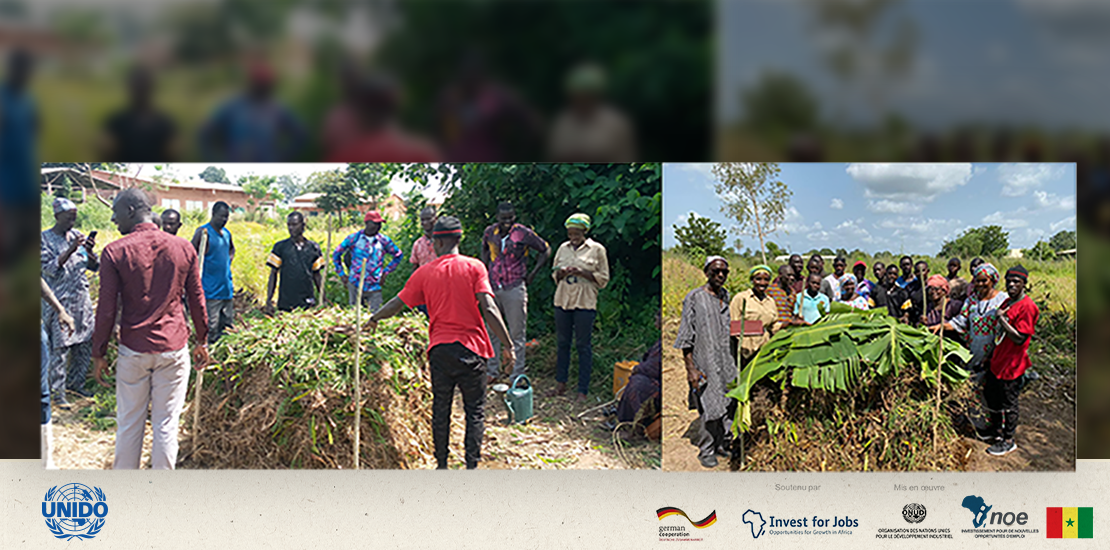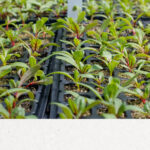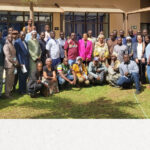Senegal: Training in compost production from mango industry waste
- 13/12/2021
- Posted by: Gaetan Dermien
- Category: Mangoes, News, Senegal

COLEACP’s recent work with mango producers and processors in Senegal has focused on recovering and quantifying mango waste. Composting was identified as a key solution for recovery of the organic waste produced by the companies.
Although this solution is relatively simple, implementing it on a large-scale production site requires specific theoretical and practical knowledge.
Through its Fit For Market SPS programme, COLEACP is providing training and consultancy for mango production/processing companies in Casamance. These activities contribute to UNIDO’s implementation of the project “Investments for New Employment Opportunities in Senegal” (INOE-Senegal), financed by GIZ, to enhance environmental and social aspects of the Senegalese mango sector, thus improving its competitiveness.
On 3 and 4 November, production and packaging station managers from 11 companies in Casamance that are active in the mango sector took part in theoretical and practical training sessions.
The training aimed to build participants’ capacity in:
- understanding the importance of composting techniques to increase profitability and environmental sustainability
- knowing all the factors that impact on the maturing and quality of compost
- designing, setting up and maintaining a large-scale compost production facility
- using compost appropriately both as a fertiliser and as a soil conditioner.
COLEACP would like to congratulate the 20 people who took part: seven teachers/students from the Lycée Technique Agricole Émile Badiane (LTAEB) in Bignona (Casamance), and 13 company technicians.
This activity, implemented by COLEACP and the United Nations Industrial Development Organization (UNIDO), contributes to the GIZ “Investment for New Employment Opportunities” (INOE) project. It was supported by the Fit For Market SPS programme, implemented by COLEACP within the Framework of Development Cooperation between the Organisation of African, Caribbean and Pacific States (OACPS) and the European Union.





